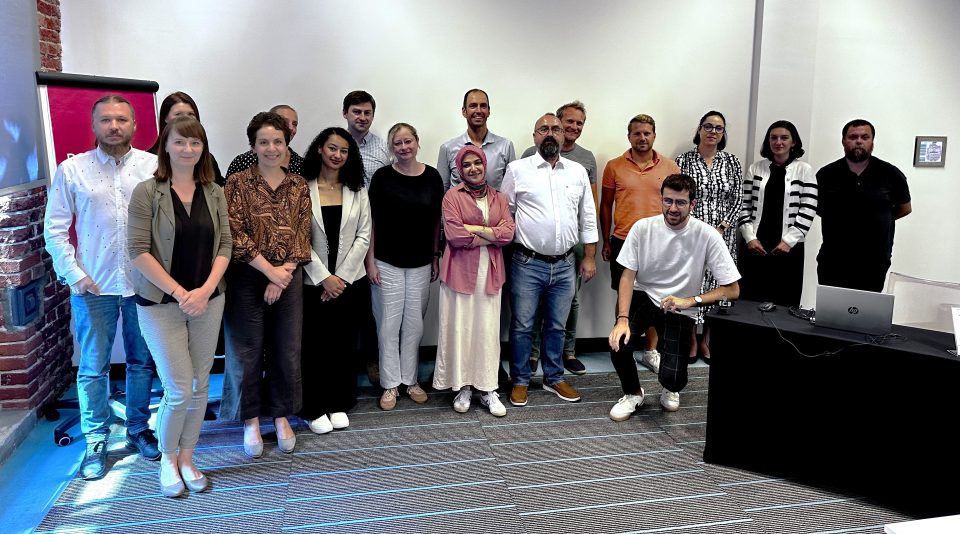COP26 work closed on Friday, November 12th. With the draft agreement already published by its presidency, it is time to define the achievements and shortcomings that characterized the two weeks of the Glasgow conference.
How will our generation be remembered? Will we be the ones who have responsibly chosen to revise their lifestyle to make it sustainable or those who, despite preaching good, ended up pushing our ecosystem towards an almost inevitable abyss? Of course, our destiny is not yet carved in stone, but the results of these two weeks of consultations are the first clue to build an answer to this question.
Let’s start with the good news: the conference got the media attention it deserved and marked a turning point in the fight against climate change, at least from the public’s perspective. The return of the United States in the number of countries committed to this front is an important signal that forces even the most determined deniers of the impacts of climate change to open their eyes to reality.
The US tangible presence opened the way to signing several important agreements, like the plan to cut methane emissions by at least 30% by 2030, compared with 2020 levels, which has collected more than 100 signatories among the countries participating in the conference. India, which so far had not made any commitment, has for the first time embraced the target of reducing its CO2 emissions to zero by 2070, and nearly 20 billion dollars have been made available as an incentive to halt deforestation by the end of the decade.
However, the good news is all here. Of course, it would have been naïve to expect that two weeks of the conference would revolutionize the fight against climate change and that world leaders would convert en masse to radical environmentalism. These things take time! The fact is, according to science, we don’t have any.
What many wanted to see in Glasgow was a paradigm shift. We wanted to receive a clear signal that world leaders are changing their mentality by aligning themselves with the thinking of the new generations. We need to innovate and experiment with the latest technological developments while shaping a different vision of all productive activities, starting from environmental and social sustainability to measure their value and considering economic growth only in this perspective.
Such a shift should be the last phase of the industrial revolution, finally leading the world on a path to make the previous two centuries of technological and social progress sustainable for generations to come. You cannot correct the mistakes made while maintaining the same mentality that helped to create them: we desperately need new ideas and a new way of thinking to implement what can no longer be a comfortable transition. And we must plan everything carefully to avoid that the inevitable burdens do not fall more on the disadvantaged sections of the population, already harassed by more than a decade of economic and pandemic crises.
Re-Imagine Europa’s Task Force on Sustainable Agriculture and Innovation has been working to build a new vision to adapt agriculture to the needs of the 21st century and help with the environmental issues that characterize the European Green Deal and the Farm to Fork Strategy. If you want to stay updated on these issues, follow our social media channels (Twitter and LinkedIn) and the specific homepage of our Re-Imagine Planet area.




